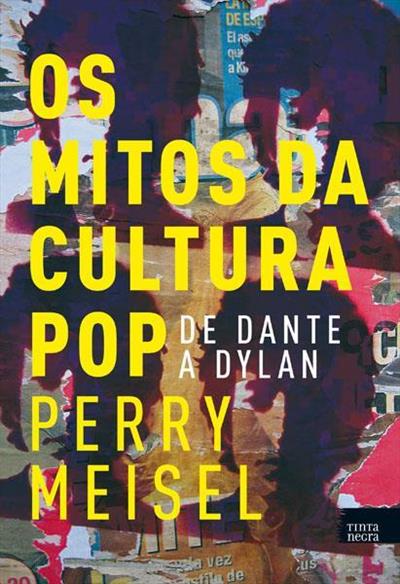The terms "rock" and "jazz" have been bandied about as opposites for so long now that the real distinction in pop music - one between blues and non-blues feeling - has been altogether ignored. So many jazzmen spend time on the road playing R & B that things should've been clearer long ago. But, alas, conventional categories save us from having nothing to say when we don't know what's happening. As it turns out, Charlie Parker and Stevie Winwood share more than Winwood shares with, say, Todd Rundgren or that Parker shares with Pharaoh Sanders.
The standard rap on Larry Coryell has been that he's straddled that no-man's land between jazz and rock longer perhaps than anybody else around. What he's in fact straddled is a choice between two basic moods - between a pure blues feeling that seems to have bored him and an outrageous metal heaviness that's never commanded his full belief.
Coryell has finally brought the two together in a workable, at times superb combination in his new band, The Eleventh House. The melodic, restraining quality of the blues tempers the gratuitous impulse to scream. While the band can smash and soar with frightening power and agility, it can also dazzle in a ballad setting. Pianist Mike Mandel's "Adam Smasher" and Coryell's own "Iam-Ejercicio" are the clearest examples of charted shifts, within single tunes, between a swinging blues funk and a square, almost classical, sense of time suspension (the latter a jazz tradition by now, but one that marks a break with the blues). Though a few of the tunes are self-indulgent earsplitters (notably "Yin"), Coryell manages to maintain a sure balance of assertion and cool throughout the album.
The unique blend of Randy Brecker's trumpet, Mandel's piano, and Coryell's guitar represents a resolution of moods even in the way melodies are sounded. Each instrument eases the bite of the others, just as most of the soloing returns to the lyricism of the blues after flights of frenzy or rage. Drummer Alphonse Mouzon (formerly with McCoy Tyner) roots the band in strong, driving rhythms welded to funk even in the craziest forays.
Coryell's solo piece "Gratitude 'A So Low' " combines a new and happy precision with his traditional ebullience. If his rides occasionally lack drama, they still demonstrate a meeting within, at last, of the humanity of the blues and the exotica of technology.
Originally published in The Boston Phoenix, March 12 1974



